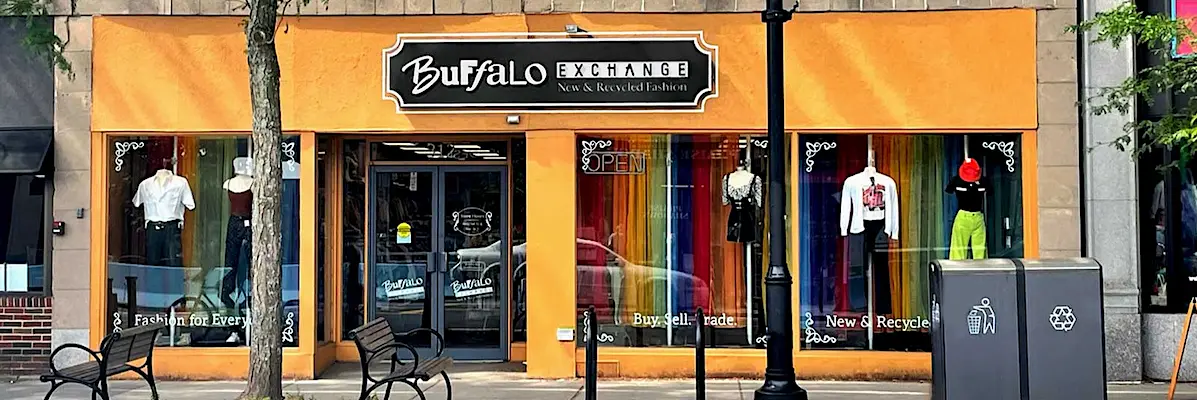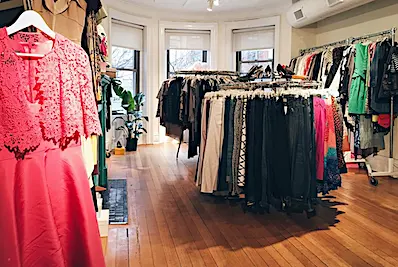Consignment stores are increasingly popular in the Boston area. It is not surprising, since it is a win-win situation for both sellers and buyers. Sellers can declutter their homes and earn money from items they no longer need, while buyers can find affordable and unique items. Additionally, consignment shopping promotes sustainability and reduces waste by extending the lifespan of pre-owned goods.
Items available can vary from day to day and are typically in good condition. They may include clothing, furniture, home decor, accessories, and other secondhand goods. Consignment stores provide a platform for people to sell their items without the need to manage the sale themselves. Here's how consignment stores generally work:
Drop-Off: Sellers bring their items to the consignment store. The store's staff will assess the items to ensure they meet the store's quality and condition standards.
Agreement: Sellers and the store enter into a consignment agreement that outlines the terms and conditions of the sale, including the percentage of the sale price that goes to the seller and the store's commission.
Pricing: The store staff will price the items based on their condition, brand, market value, and demand. Pricing decisions are often made in consultation with the seller.
Display: Items are placed on the store's shelves or racks for display. The store handles the marketing and sale of the items.
Sale and Payment: When a consigned item is sold, the store keeps a percentage of the sale price as its commission, and the remainder is paid to the seller. Payment is usually made at regular intervals, such as monthly or quarterly, depending on the store's policies.
Unsold Items: If an item doesn't sell within a specified time frame (e.g., 30, 60, or 90 days), the seller may have the option to retrieve it or allow the store to continue trying to sell it at a reduced price. Some stores may choose to donate unsold items to charity after a certain period.
Quality and Condition: Consignment stores typically have quality and condition standards for items they accept. Items should be in good, gently used condition and free from major flaws or damage. The store may reject items that do not meet these standards.
Variety of Merchandise: Consignment stores offer a wide range of merchandise, including clothing, shoes, accessories, furniture, home decor, and sometimes even electronics and appliances.
Sustainable and Affordable Shopping: Consignment stores are popular among bargain shoppers and those looking for sustainable and eco-friendly shopping options. Items sold in consignment stores are often priced at a fraction of their original retail cost.
Local and Independent: Many consignment stores are locally owned and independent businesses. They may have a unique character and selection that sets them apart from larger chain thrift stores.
Online Consignment: Some consignment stores have expanded to include online platforms, allowing customers to shop for secondhand items from the comfort of their homes. Online consignment has become increasingly popular.

























